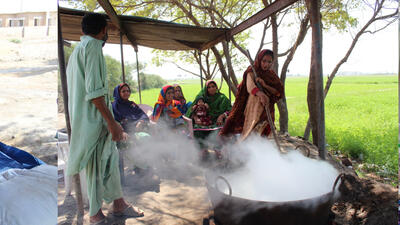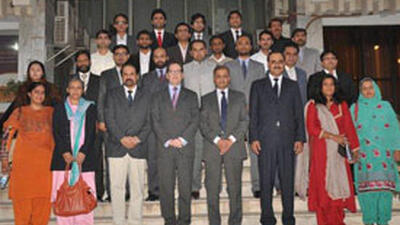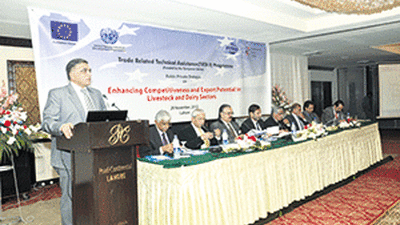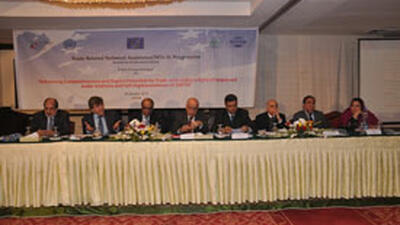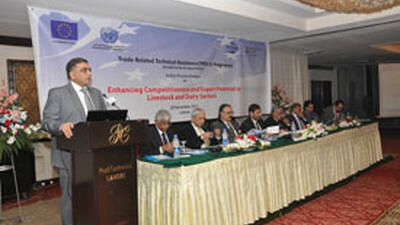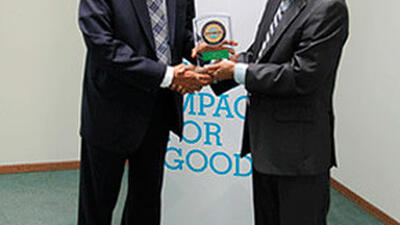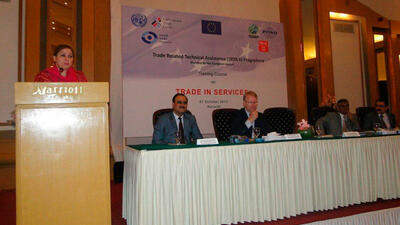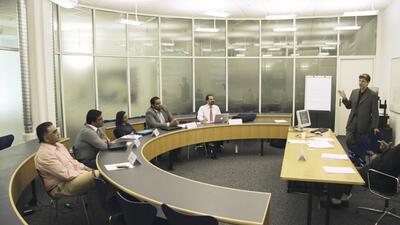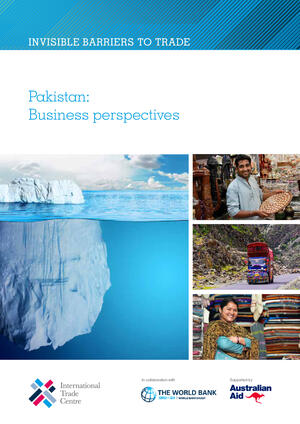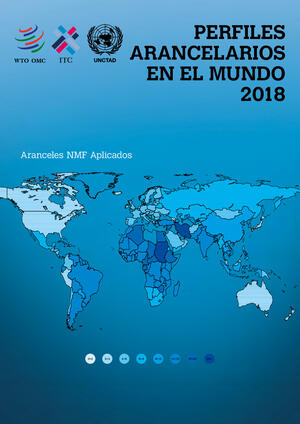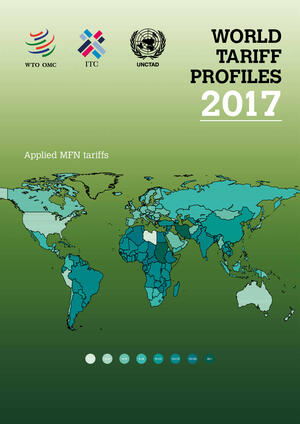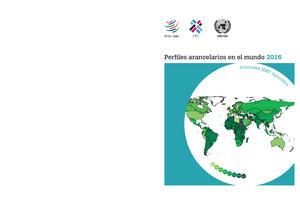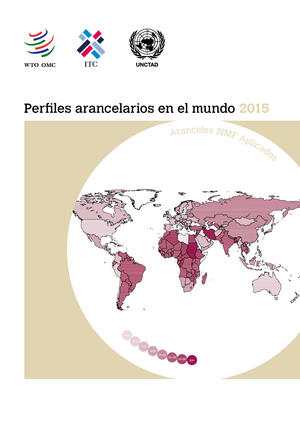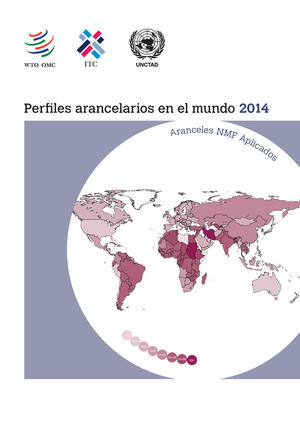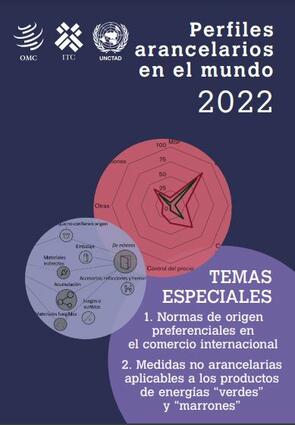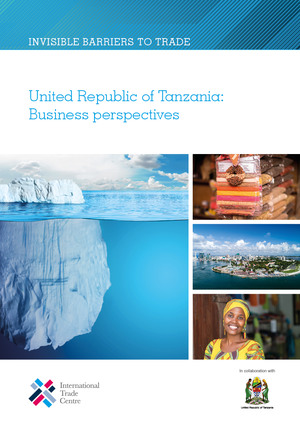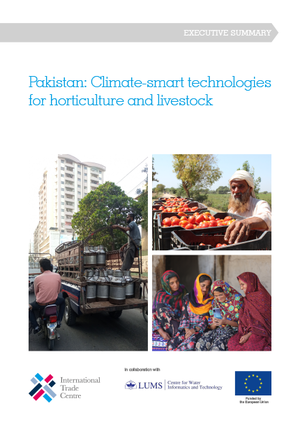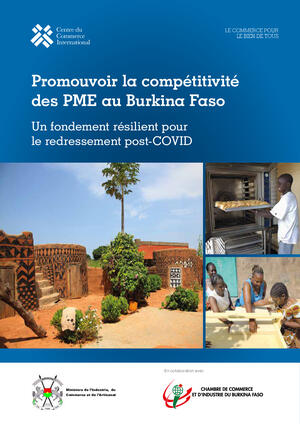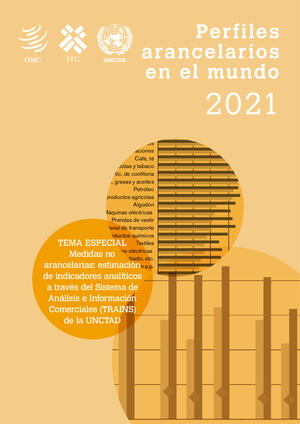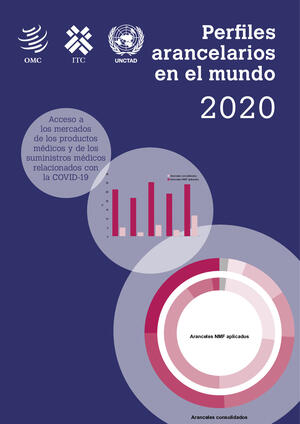Pakistan has ‘great scope’ to help its exporters, ITC survey finds (en)
Pakistan should strengthen its quality and customs infrastructure to soften regulations that make it difficult for exporters to compete globally, a new International Trade Centre (ITC) study finds. Addressing these and other non-tariff measures can boost the economic development of Pakistan by as much as $12 billion by 2024.
More than half of Pakistani exporters struggle with domestic and foreign regulatory barriers, says Invisible Barriers to Trade − Pakistan: Business Perspectives. The report was prepared in collaboration with the World Bank Group’s country office in Pakistan.
Market frictions such as regulatory obstacles and lack of information transparency put up to $7 billion of this untapped export potential at risk – especially for small businesses looking to trade more across borders, says ITC’s acting Executive Director Dorothy Tembo. ‘There is great scope for the government of Pakistan to streamline processes, improve quality management and work with exporters to provide consistent, transparent and timely information,’ she said.
‘Information to export a product to a given destination is very valuable for firms, particularly for new, small exporters that lack the scale to invest in information searching,’ said Illango Patchamuthu, the World Bank Group’s country director for Pakistan. ‘Digital trade portals, easily accessible to everyone regardless of location or gender, can be a step in making non-tariff measures more transparent, and compliance less costly.’
The report, based on a survey of 1,152 importers and exporters, identifies the toughest trade hurdles facing Pakistani businesses. Almost half of these hurdles are homegrown, which means the government has the ability to fix many of the problems holding back its exporters. The report suggests ways for the government and the private sector to crank up competitiveness by addressing issues such as export inspections, tax refunds and export certification.
Regulations in areas such as testing, certification and licensing are challenging for 60% of Pakistan’s agricultural exporters. That’s largely because most countries have stringent regulations in place to protect human health and the environment. But the survey found that 47% of companies that export manufactured goods also have difficulty with these rules.
The most demanding measures are conformity assessment requirements such as testing and product certification, the survey finds.
Asian and European policies are toughest
Destination countries, particularly in Asia and Europe, are responsible for most barriers in the report. But domestic rules – from export inspections and tax refunds to export certification – also create difficulties.
About 45% of the measures that cause problems for Pakistani exporters originate in Pakistan. Two-thirds of the obstacles that arise because of the way these regulations are applied are also Pakistani.
Challenges for women in business
Trade-related hurdles affect businesswomen more than businessmen, the report finds. Few Pakistani women work in trading companies – either as employees or as owners – and many women-led firms fail to export successfully. As Ms. Tembo notes: ‘Women entrepreneurs face social constraints and a general lack of sufficient support in government agencies and business support institutions.’
The report’s recommendations focus on greater transparency, upgraded quality and customs infrastructure, streamlined procedures and better enforcement of quality compliance. It also recommends digital solutions, such as an integrated trade portal to give exporters the guidance and information they need to succeed.




